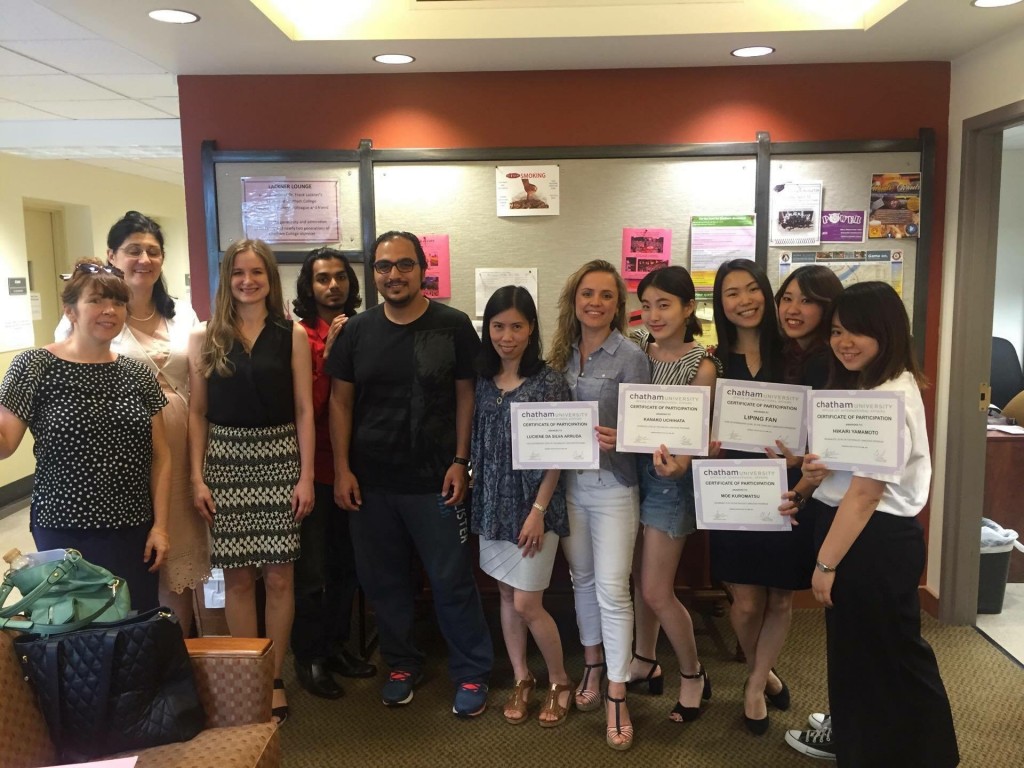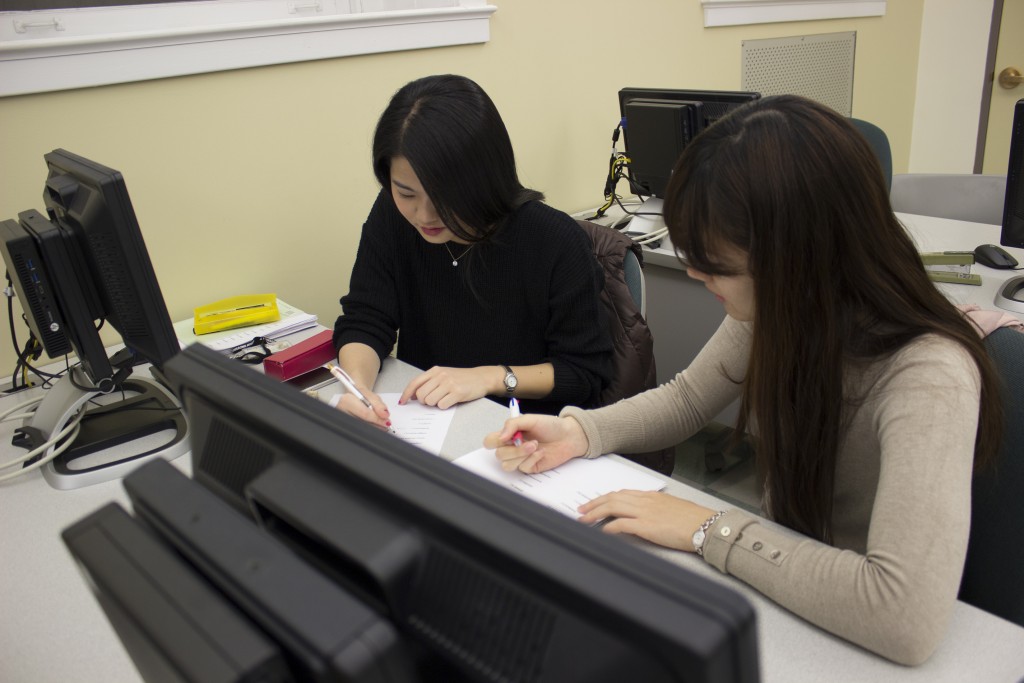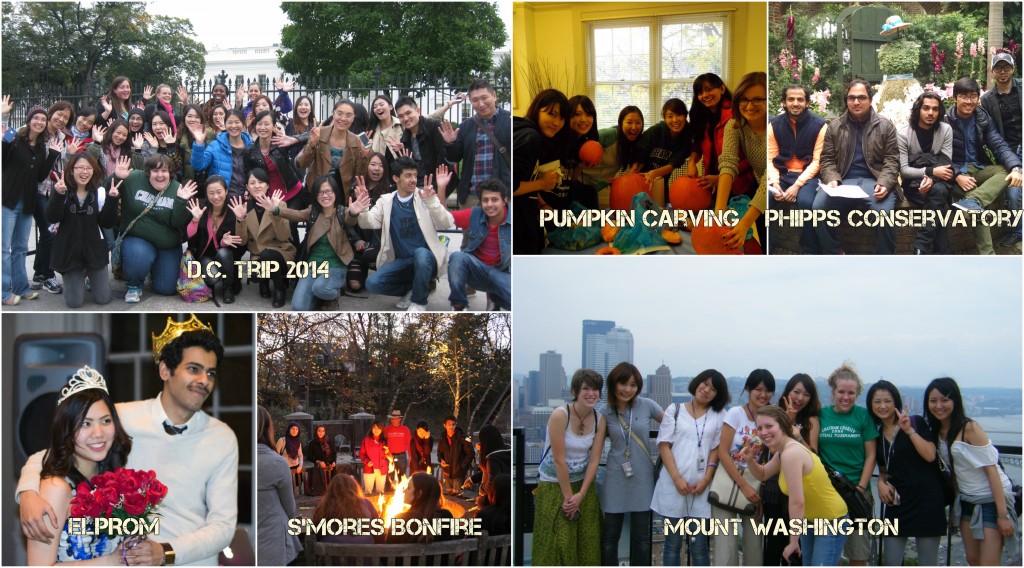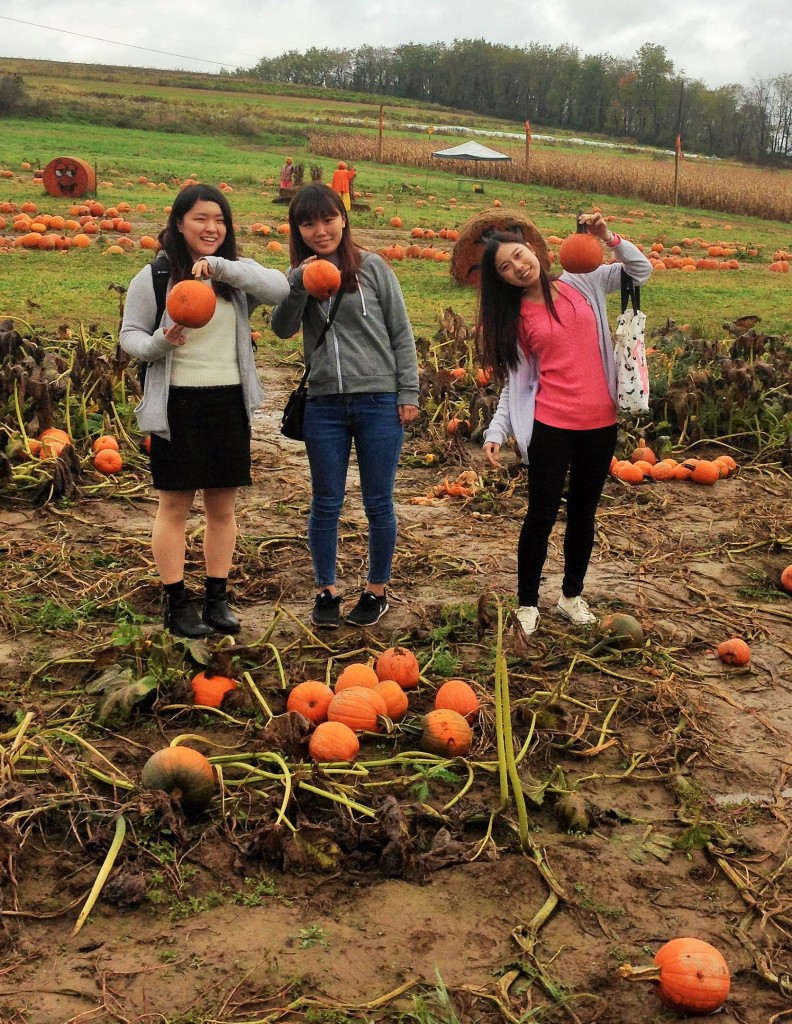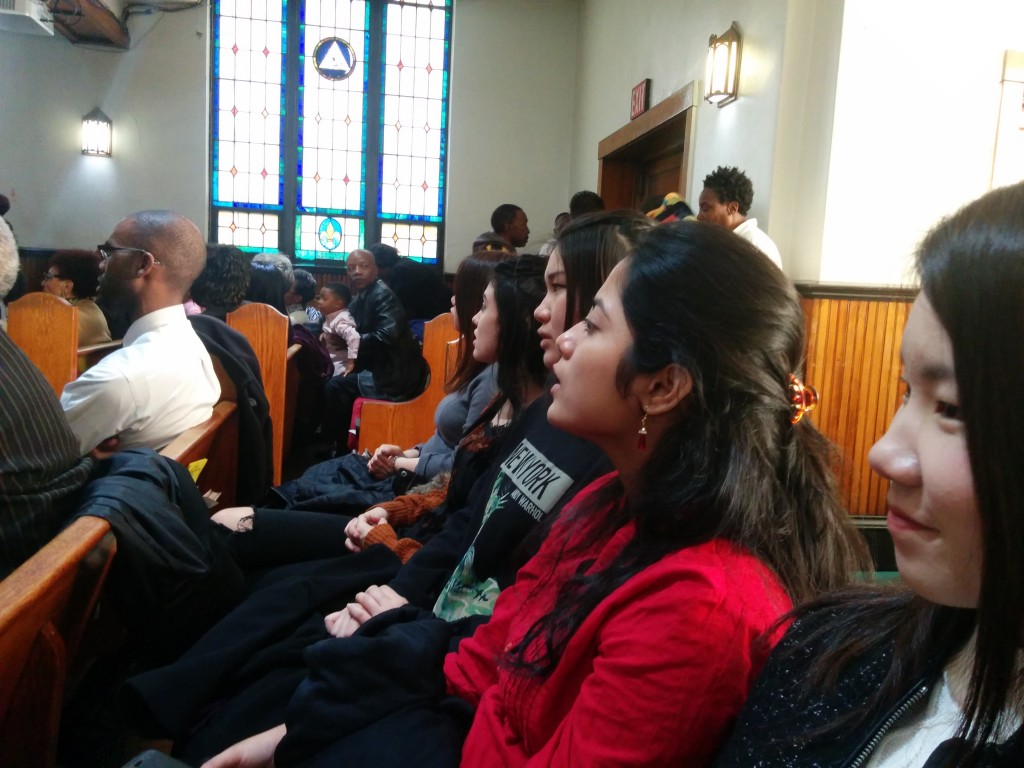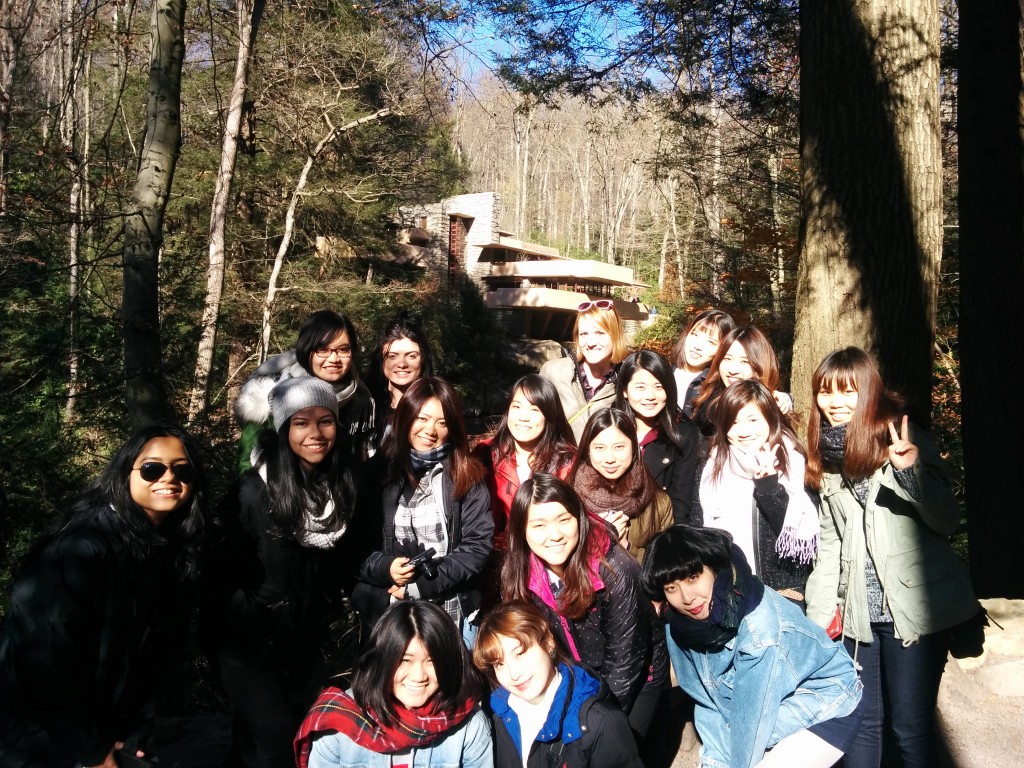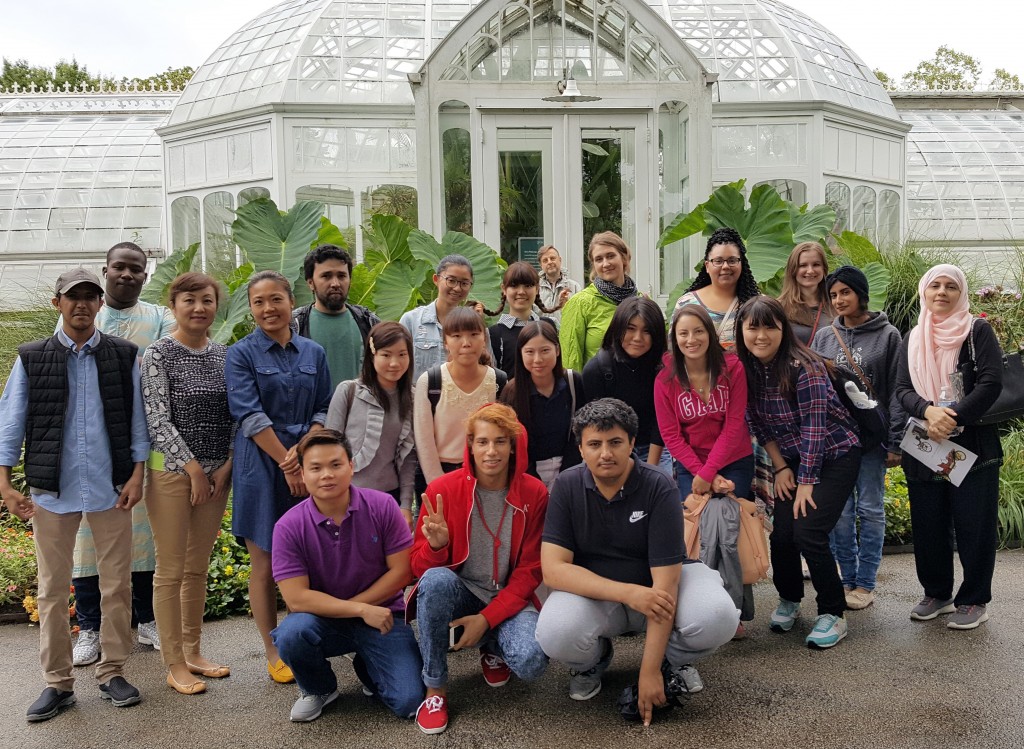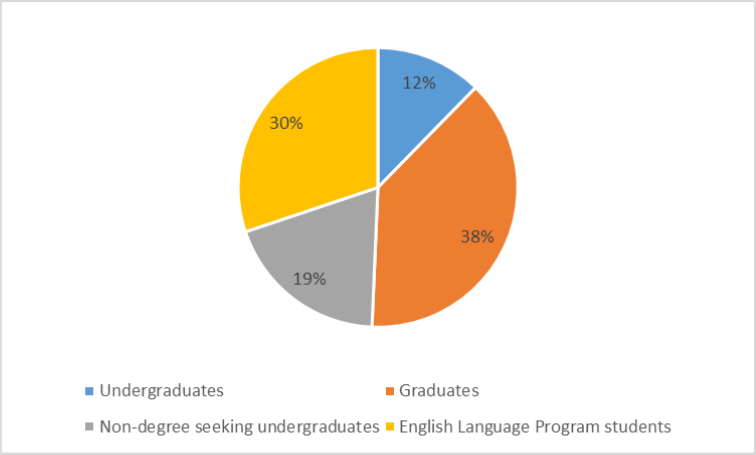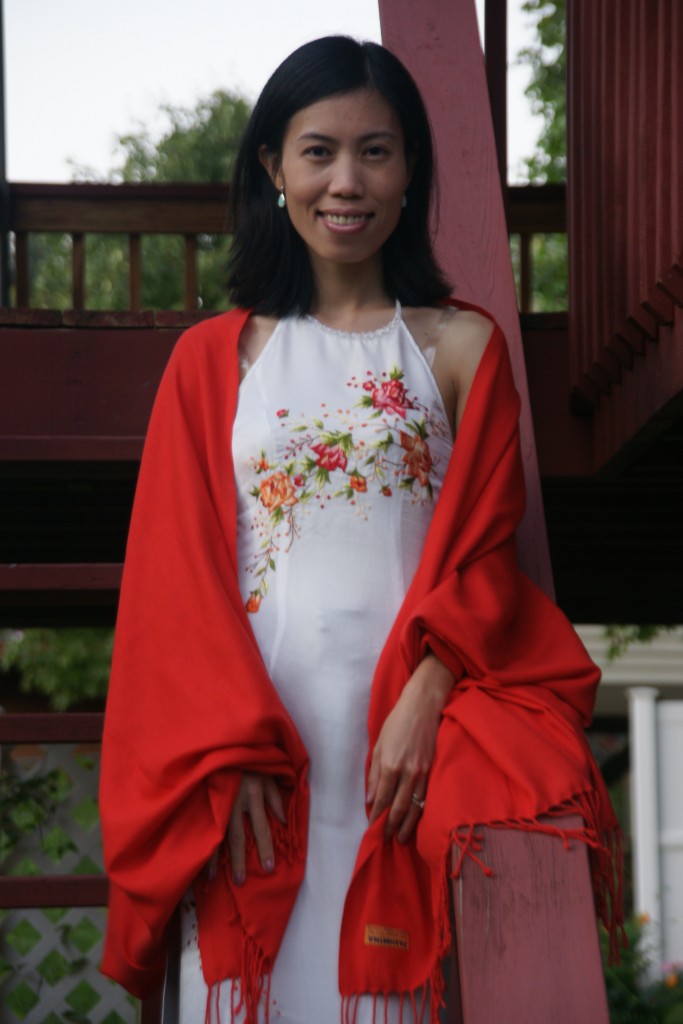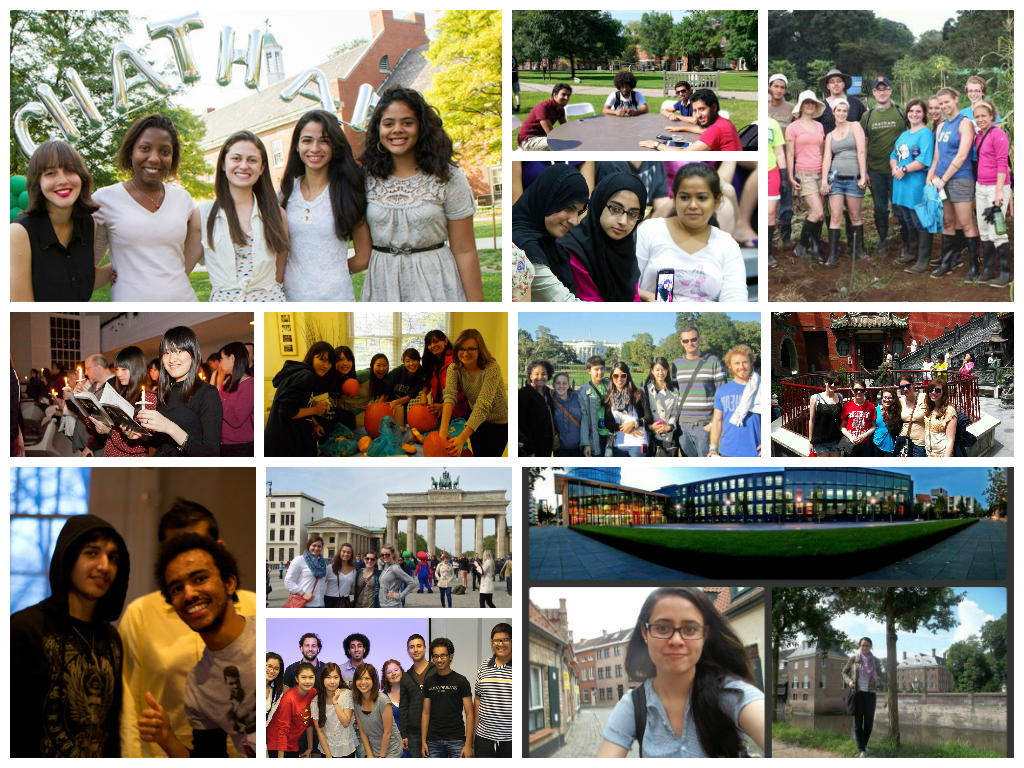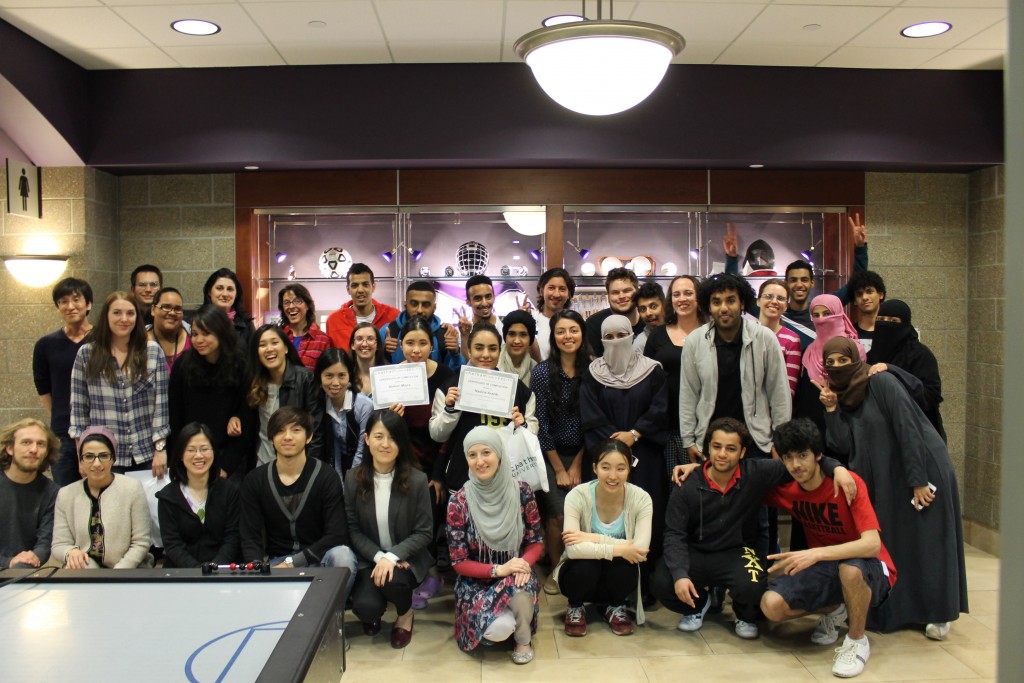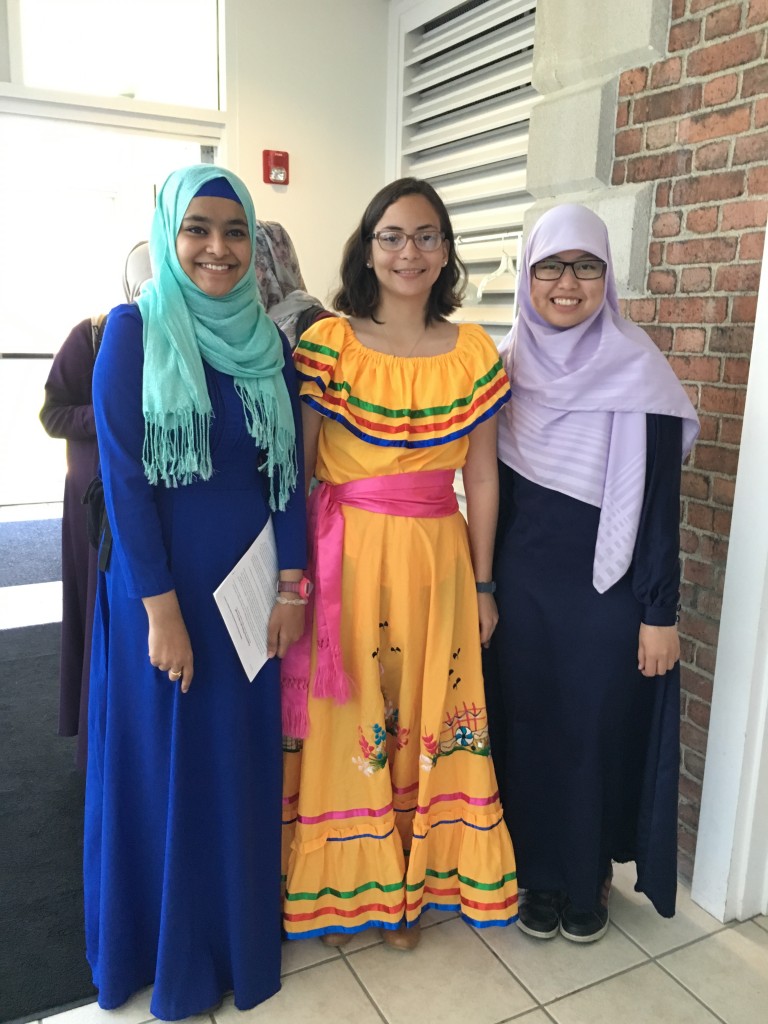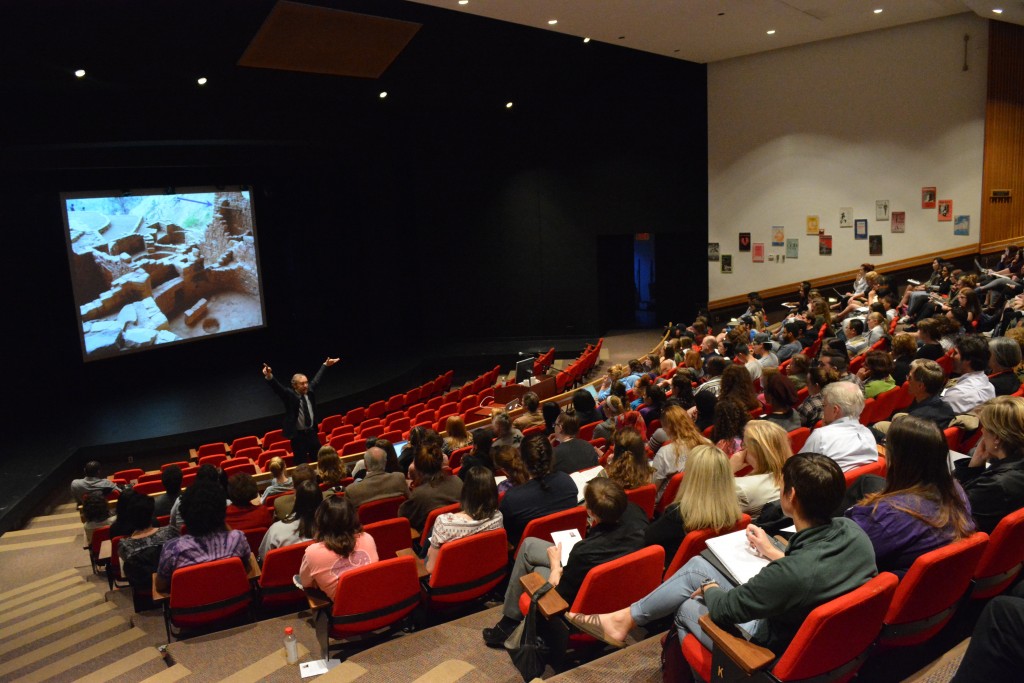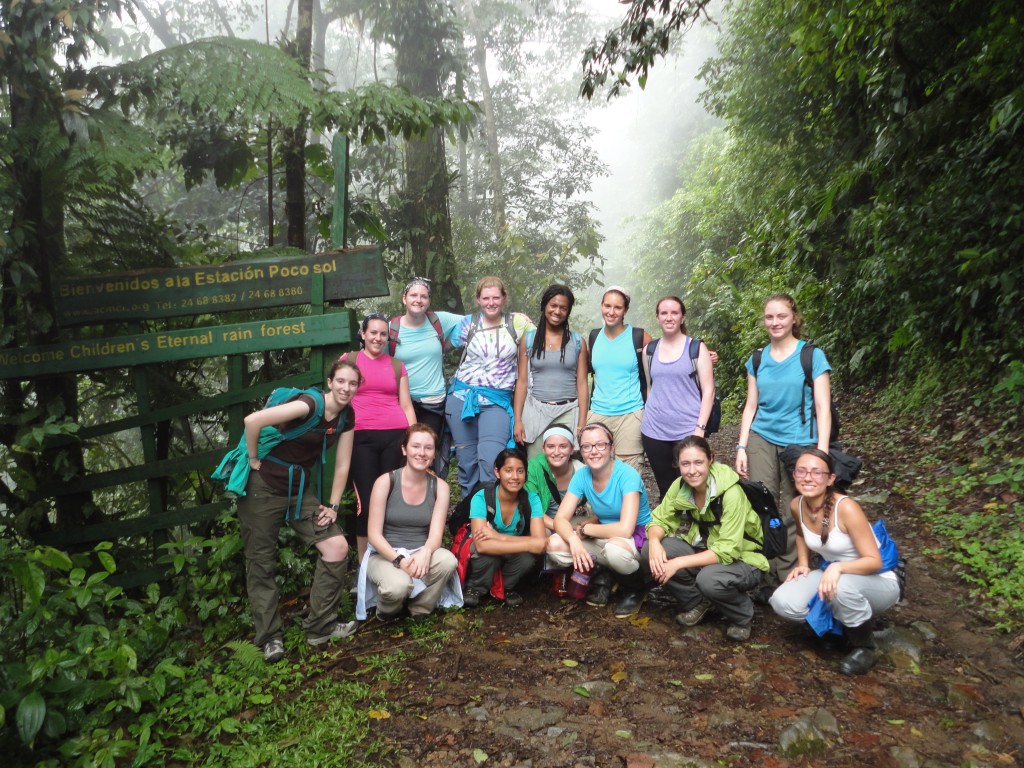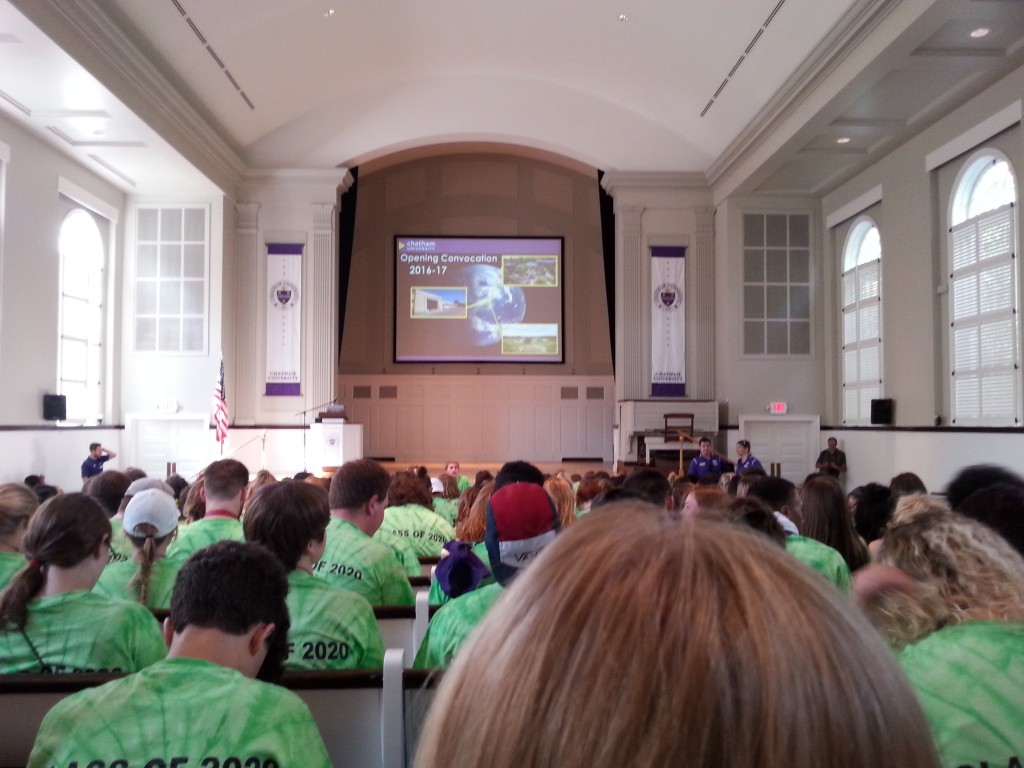Alia Schindler, International Admission Counselor
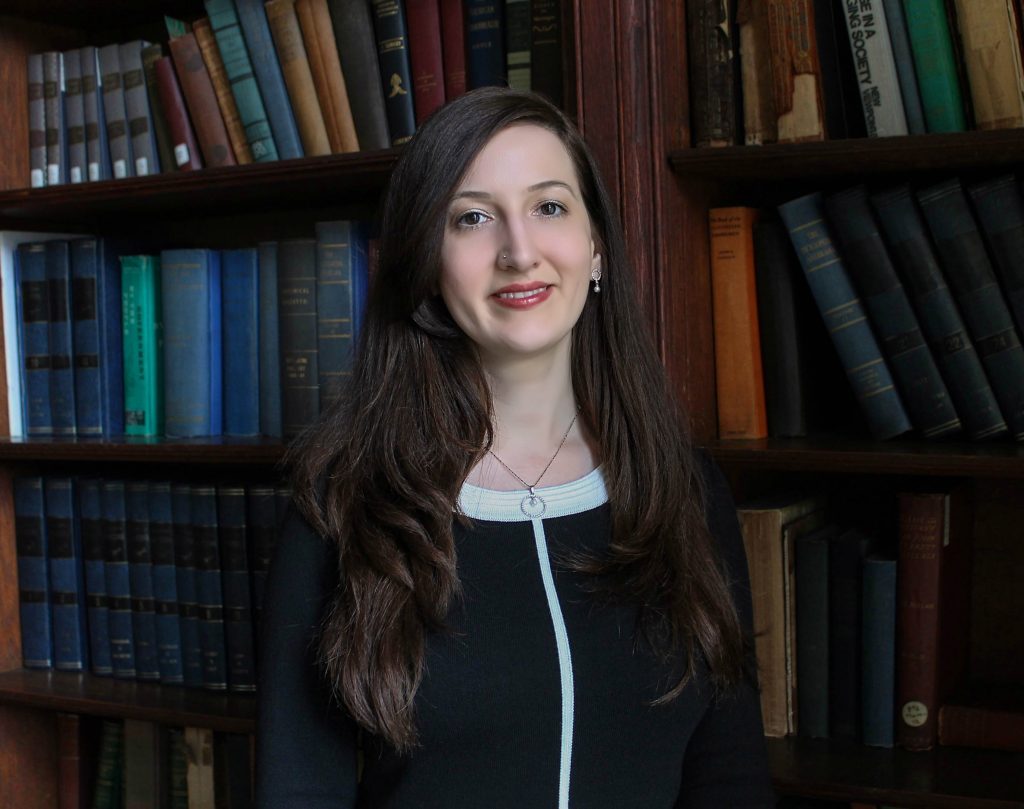
I moved back to Pittsburgh after having lived abroad on and off for several years in Italy, Lebanon, and Malaysia. I was teaching English as a Second Language then and found a great sense of satisfaction and comfort in doing so, as it gave me the chance to work with international students on a daily basis. After having spent a good portion of my 20’s adapting to a culture foreign from my own, I felt a little out of place back in my hometown. While I was overseas, I was viewed as a foreigner, regardless of how acculturated I felt, and back home here in Pittsburgh, I longed for the faraway lands that I had grown accustomed to while overseas. I became internally international, a wanderer of sorts, always feeling a bit out of place. Thus, I feel right at home when working with international students.
It was through my undergraduate experience in Global Studies, my drive toward higher education, and my time abroad that I realized my passion for diversity and culture. I knew I wanted to work in a field that would allow me to assist students in traveling and studying abroad in pursuit of their goals.
One day, while taking a walk through Shadyside, I came upon Chatham University’s stunning campus, and I told myself at that point, “I must find a way to work here.” Fortunately, I was able to network and obtain a position teaching in Chatham’s English Language Program. I taught wonderful students from places such as Columbia, Kazakhstan, Saudi Arabia, Venezuela, Libya, Turkey, China, and Vietnam. It was a joy teaching them English and about Pittsburgh and American culture in general.
My passion with international education extended outside of the classroom, and I often found myself answering student questions after class relating to both their education and lives. I also found myself consistently seeking to be a part of administrative dialogues and professional groups working toward policy change. I even worked in the International Affairs office outside of my teaching hours.
A point came when I decided that I must take a leap of faith and pursue a position in higher education that would enable me to be a part of helping to enhance the overall process for international students. I branched out first by working in Chatham’s Office of Student Affairs, and it was an excellent chance for me to get to know about, and work with, the many divisions at Chatham that strive to offer the best experience possible for each and every Chatham student.
Finally, I am thrilled to have secured my current position as an International Admission Counselor at Chatham. As an International Admission Counselor, I have the opportunity to mesh my background in teaching with the administrative aspects of higher education to recruit and assist international students through their application process. I am excited to contribute to Chatham’s commitment to promoting diversity and inclusivity. I can be reached at bschindler@chatham.edu or 412-365-2736 or 412-400-7717.

